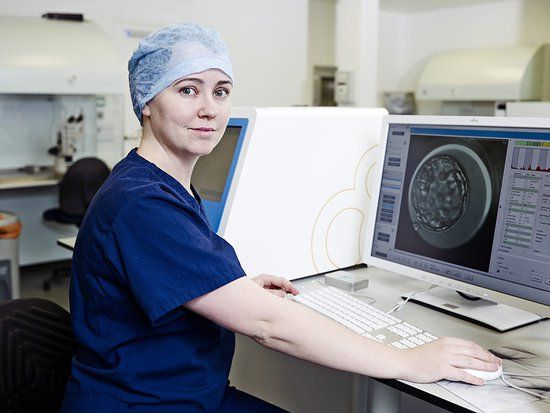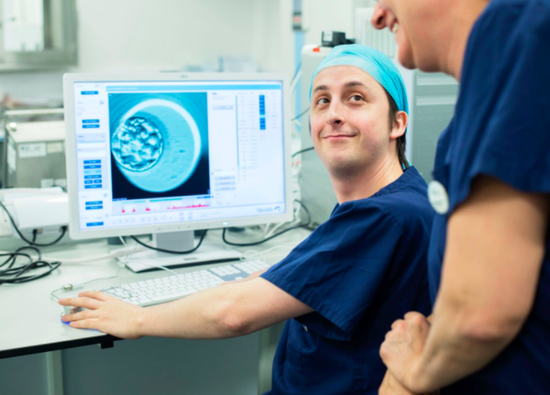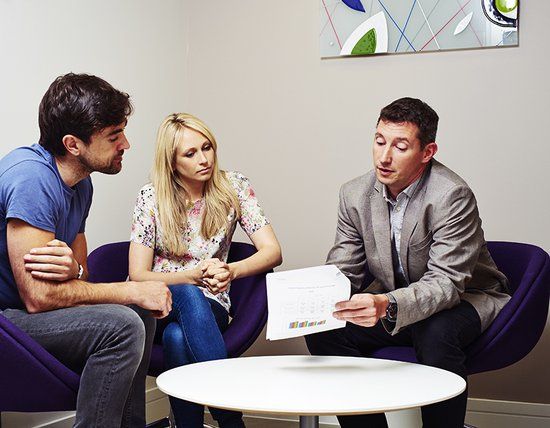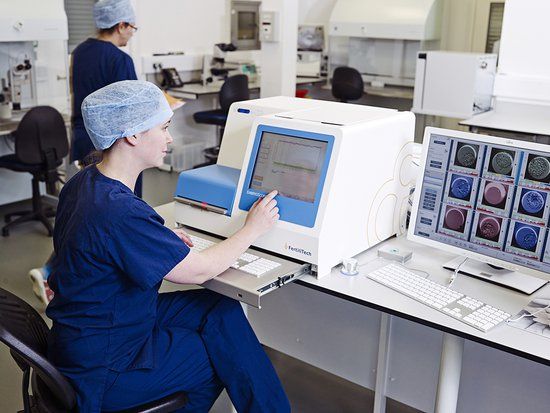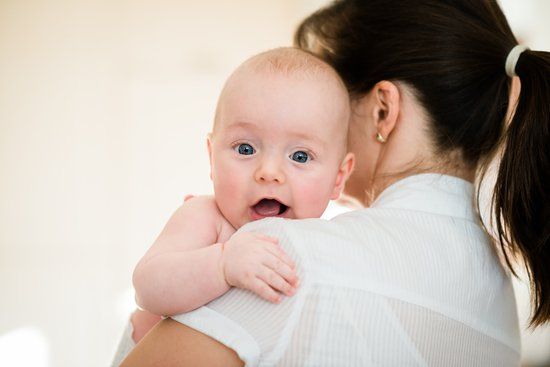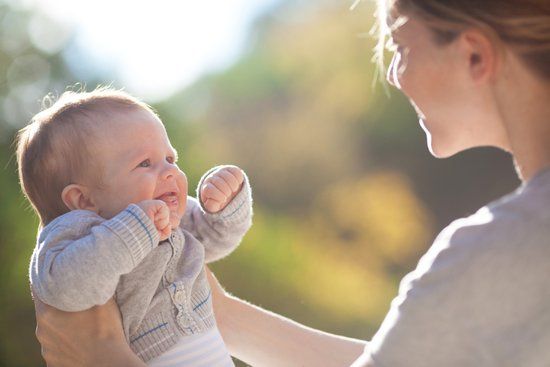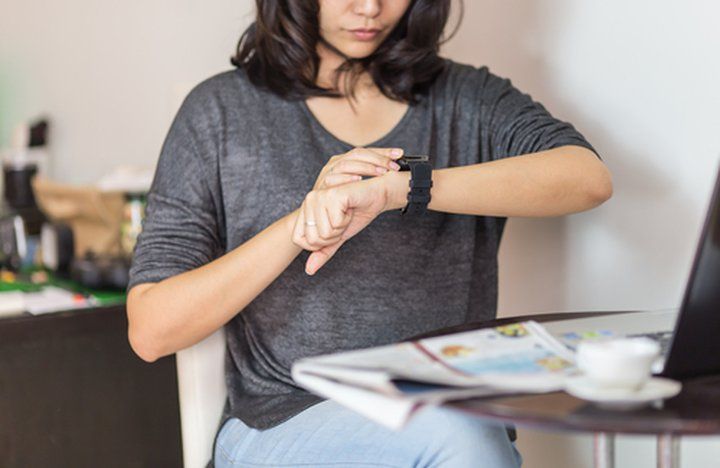
We’re facing a fertility timebomb according to fertility experts in the UK, as increasing numbers of women leave it until later in life to have children and have to turn to IVF to try to conceive.
So should you be concerned about your own fertility status? Natural fertility does decline sharply from the age of 35, affecting the quality and quantity of your eggs. It’s why IVF treatment has lower success rates for older women than younger women.
But IVF techniques are advancing all the time. Although many women may be surprised to find that they need IVF because of age-related infertility, at Manchester Fertility we specialise in treating older women and our IVF success rates are consistent and in some cases just as good as for younger women, thanks to our breakthrough technologies such as EmbryoScope time-lapse technology.
EmbryoScope allows us to monitor every stage of your embryo’s development, so that only those which have developed exactly as they should are chosen for transfer.
We also use technologies such as Blastocyst development and a special EmbryoGlue solution, which helps the embryo to ‘stick’ to your uterus after transfer, all offered free of charge to you as part of your treatment.
If you’re concerned about your fertility, consider a Fertility MOT. It’s a series of simple tests for both you and your partner that will indicate whether you have good natural fertility and shouldn’t have a problem conceiving naturally, or if you’d benefit from treatment.
If you’ve been trying for a baby without success, visit your GP. They can also perform tests that will look into your fertility to identify if there’s a problem preventing natural conception. It could be an issue with either you or your partner, and so the sooner you seek treatment, the higher the chances of success.
Read our Guide for Older Women for more details about our treatments and how we can help you have a baby, including through the use of donor eggs for which we have no waiting list.
Last updated: 20th January 2020


